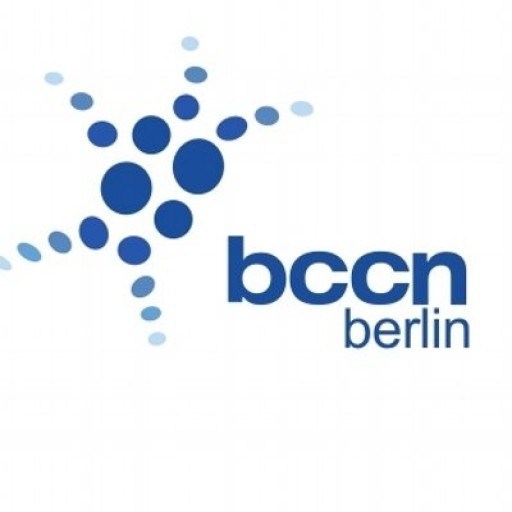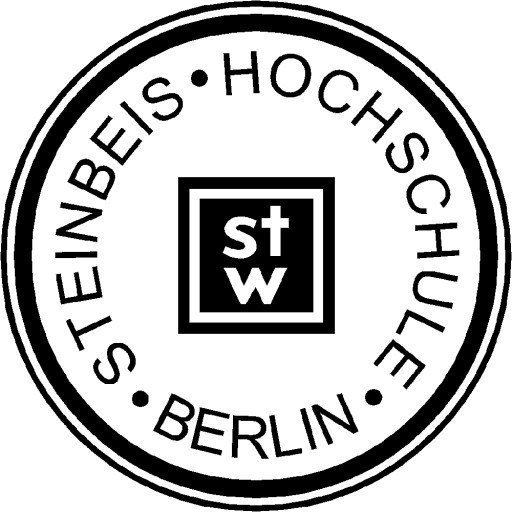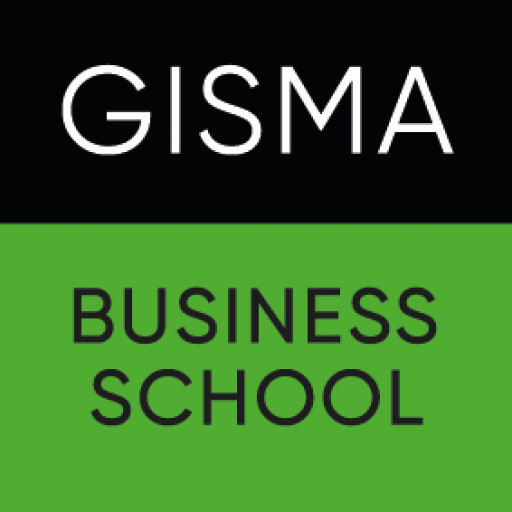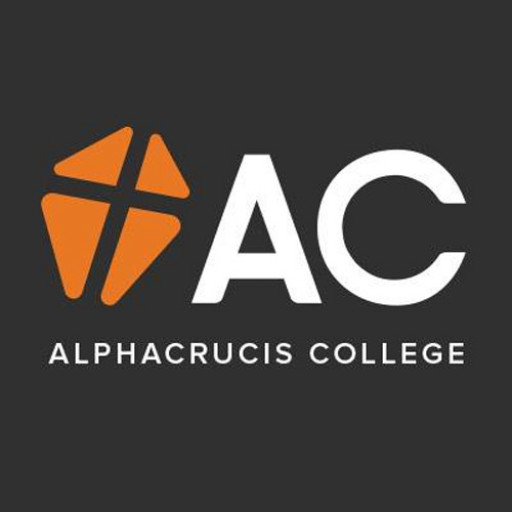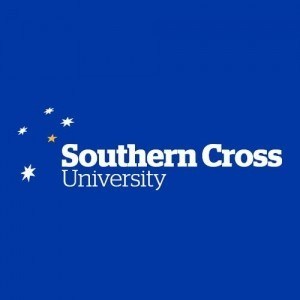Photos of university / #hochschuledarmstadt
Leadership in the Creative Industries is a dynamic and interdisciplinary master's degree program offered by Darmstadt University of Applied Sciences, designed to equip students with the essential skills and knowledge required to lead and innovate within the complex and rapidly evolving creative sector. The program emphasizes the development of strategic management capabilities, leadership competencies, and an in-depth understanding of the unique challenges faced by organizations in creative fields such as arts, design, media, and cultural industries. Students will explore key topics including project and team management, entrepreneurship, innovation management, and change leadership, with a focus on fostering entrepreneurial thinking and sustainable development in creative environments. The curriculum combines theoretical foundations with practical applications, encouraging students to engage in real-world projects, internships, and collaborations with industry partners, thereby bridging academic learning with professional practice. Courses are delivered by experienced faculty members and industry experts, ensuring that students gain insights into current trends, technological advancements, and international best practices. In addition to core modules, students have opportunities to specialize in areas aligned with their interests and career goals, such as digital transformation, cultural policy, or creative entrepreneurship. The program also promotes intercultural competencies and global perspectives, preparing graduates to succeed in diverse and international markets. As part of the education, students will develop soft skills including communication, negotiation, and leadership, essential for managing teams and projects in the creative industries. Upon completion, graduates will be equipped to assume leadership roles in organizations, start their own ventures, or contribute to policy and innovation within the creative sector, driving positive change and sustainable growth. The program’s innovative approach ensures that students graduate with a comprehensive understanding of the strategic, managerial, and creative aspects of leadership in the creative industries, ready to make a significant impact in their professional careers.
Educational organisation
The Leadership in the Creative Industries (LCI) Master's programme consists of three foundation semesters and possibly an internship depending on the student's academic history. Applicants with a seven-semester undergraduate or a graduate degree study three semesters, while candidates with a six-semester Bachelor's degree must complete an internship before the Master's project.Necessary qualifications and skills are provided within the modules of the LCI Master's programme. The course programme is finely balanced with required courses, which include a media project and the programme's elective courses.
The incorporation of work labs and media projects within the areas of design, technology, and management allows for the merging of disciplines in media form in theory and in practice. The application and implementation of theoretical knowledge with practical strategies are strongly supported within this programme.
While the project module of the LCI programme focuses on project management and the conceptualisation and realisation of media concepts and leadership competences, the elective courses (electives) open an opportunity for a more in-depth experience of strategies which may lead towards possibilities of employment, research, or self-employment. The final semester is dedicated to the student's Master's project/thesis.
Study abroad unit(s)
Optional semester at CIT, Cork Institute of Technology, IrelandInternships
Applicants with a 180 ECTS Bachelor's have to do a one-semester internship (total four semesters).Applicants with a 210 ECTS Bachelor's do not have to do an internship (total three semesters).
Forms of assessment
Project, presentation, documentation, homework, oral examsCourse objectives
Graduates of the programme Leadership in the Creative Industries achieve the competencies for future media conception and realisation. They gain interdisciplinary competencies in the area of design, digital technology, media culture and media economy. They focus on intermedia and transmedia formats and products.Graduates of the programme Leadership in the Creative Industries have career options in a wide field of employment. The intermedial studies allow for working at the interfaces of cross medial platforms, formats, and genres (e.g,. web+TV, web+film, web+radio, virtual/real space, live/pre-produced) as well as in interdisciplinary interfaces of engineering/design/management/marketing.
Graduates can world in managerial positions (e.g., art direction, creative direction), in research (e.g., with special own issues), or in self-employment (e.g., agency, consultant). Prospective employers include the international media, gaming and entertainment industry, broadcasters, and also research institutes such as the Fraunhofer institute.
Language requirements
None, but applicants should speak and write fluent English.Academic requirements
Requirement for the Master's degree programme is a qualified undergraduate or graduate degree in the field of digital media. However, candidates from related fields (e.g., media design, media computer science, media management, media studies) have a chance provided they have practical experience in media production.The grade point average should not be lower than 3.0. From a grade point average of 2.0, the applicants are also tested for their suitability.
The following documents are required to be submitted
1. Final certificate of previous studies (alternative interim certificate), a diploma if the diploma was received from another university
2. Detailed curriculum vitae
3. Letter of motivation (personal statement), which establishes a personal interest in this Master's degree programme
4. Portfolio with three to five work samples
5. Exposé of the announced research and development field
6. If available, proof of practical experience (work certificates, letters of recommendation)
